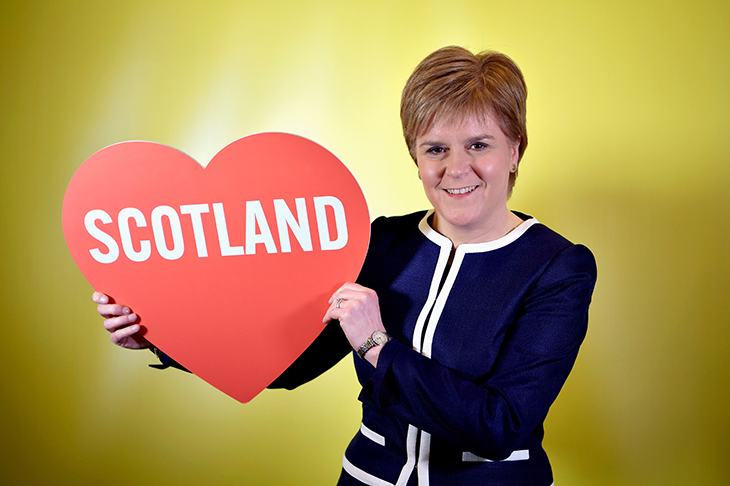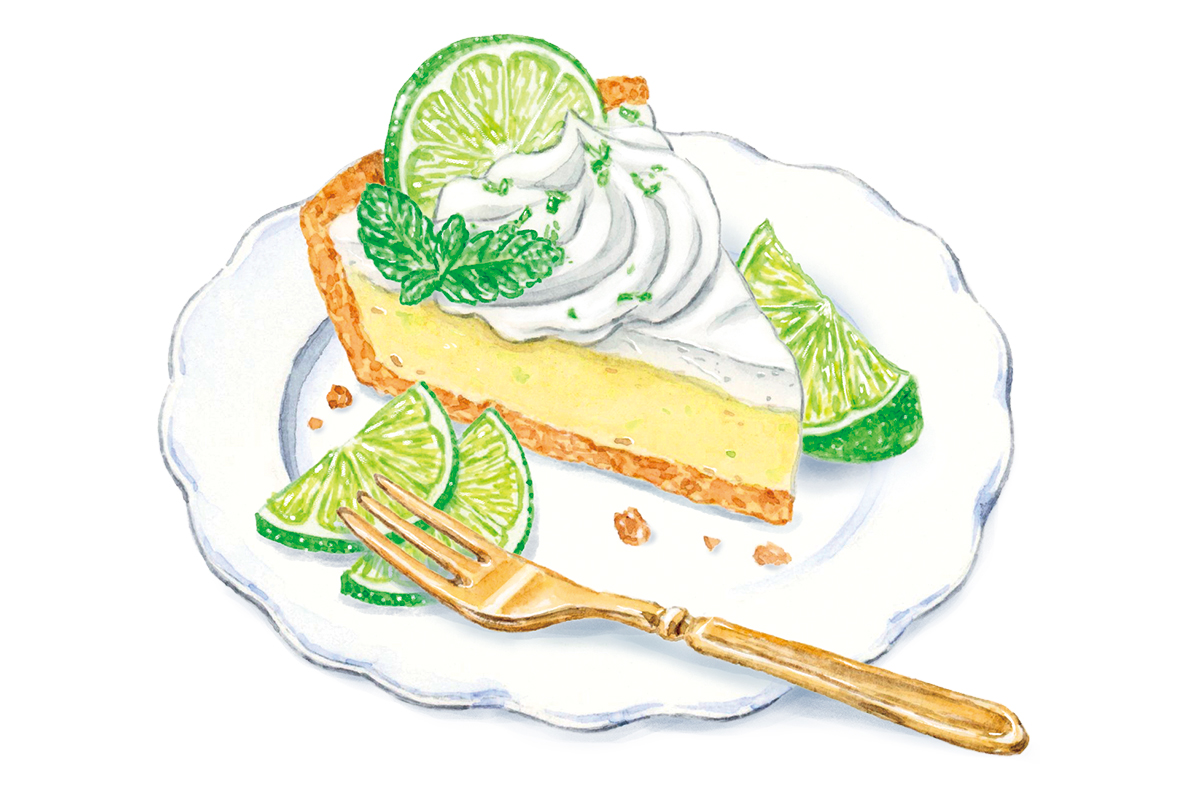Nicola Sturgeon is the only opposition leader who survived the UK general election. She has emerged far stronger. The Tories had hoped to halt the nationalists’ advance, but in the end, Scotland was the only part of the UK in which their party suffered serious setbacks. Sturgeon’s advancing army dethroned Liberal Democrat leader Jo Swinson, claimed seven of the 13 Scottish Tory seats and took 48 of Scotland’s 59 MPs. The first minister’s message now is pretty clear: she is the only politician who can stand up to the Bullingdon boy, and the battle for the Union is back on.
Within hours of the result, Sturgeon declared that the SNP surge ‘renews, reinforces and strengthens’ her case for another independence referendum. She has rarely been off the airwaves since. There are plans afoot for a Scottish government document setting out the case for a vote, with a request for a ‘Section 30’ order to follow.
There’s just one snag: Boris Johnson. Only Westminster can authorize a Scottish referendum, and the prime minister has vowed this will never happen on his watch. It was this uncompromising position that allowed Scottish Conservative MPs to campaign on a ‘stop Indyref2’ ticket, promising that a Tory majority would prevent a second vote from happening. A Labour minority government would have made one inevitable, because Corbyn would have needed the SNP’s support to form a majority in Westminster. The price of that support would have been a referendum. The Tory position, by contrast, is final: no more referendums.
Scratch the surface, however, and not everyone in the Tory party believes this to be a sustainable position. ‘All governments are influenced by events,’ says one senior Tory. The worry is that the nationalists will be emboldened if it seems the Tories are running scared. One of the surviving Scottish Tory MPs tells me we can expect the SNP to be banging the drum for a second referendum throughout Johnson’s time in No. 10: ‘The underlying reality is that this election was an opportunity for voters to take this as a constitutional issue off the table,’ he says. ‘But they chose not to do it, sadly. Now we are going to have 18 months of saber-rattling from Nicola Sturgeon.’
How long could the Tories keep refusing the SNP’s demand? The crunch point will be the Scottish parliament elections in May 2021. After David Mundell was axed by Johnson as Scotland secretary, he admitted an SNP majority in those elections could make it difficult to hold the line. ‘If the 2021 Scottish parliament election is fought on an explicit independence referendum basis, then it’s harder to push back against the idea that there is a mandate,’ he told me at an event in East Lothian.
Alister Jack, current Scottish secretary, also implied as much during the election campaign. A ‘democratic mandate’ for a new referendum, he said, is ‘a matter for 2021’ — which leaves the door open to the Tories agreeing to a referendum in 18 months’ time. Johnson could, of course, still reject such a request. But he’d risk looking like a coward.
In the meantime, Sturgeon can sit pretty with things just as she would like them. While it’s not clear she would win a referendum held tomorrow, she can now demand one anyway, knowing Johnson will refuse. That will help tell her favorite story: of a Scotland trapped in the union against its will by an intransigent Tory government. A key character in this tale would be a Tory PM terrified of getting involved in a fight he could lose.
Some Tories may be tempted to call Sturgeon’s bluff. A recent YouGov poll showed support for independence has barely budged since the last referendum, with only 44 percent in favor. After the nationalists’ last defeat, it had been argued that they could only afford one more stab and so it would be best to wait until public support was closer to 60 percent. Scottish Conservatives believed anti-independence sentiment was strong enough during the election campaign for them to win over unionists who would normally never vote Tory.
Perhaps this is why Sturgeon changed tack in the final stage of the campaign, toning down her rallying cry for independence and focusing on stopping Brexit and the Tories. This seems to have recruited more Scottish Labour voters to the SNP, something that Tories view as key to the SNP’s success in the general election. It’s worth noting, however, that while pro-Union parties won just 19 percent of the seats in Scotland, they took 54 percent of the votes.
One of the most daunting hurdles the SNP needs to clear is the trial of Alex Salmond, which begins in the new year. To see a former first minister and nationalist icon in court accused of 14 sexual offenses (and one account of attempted rape) will generate deep embarrassment, both to Sturgeon and to the SNP generally.
But the most important factor at play is Brexit. If it happens within weeks, as now looks inevitable, then Sturgeon will have to start answering difficult questions. What would an independent Scotland’s currency be? Why would the EU admit a country whose deficit was far higher than it normally allowed? Would a border go up between Scotland and the rest of the UK? Meanwhile, if Brexit proves to be ruinously disruptive to the UK, Sturgeon will have to provide a convincing answer as to why the SNP is so relaxed about pulling Scotland out of the UK’s customs union and single market.
There is a reason why the SNP has spent a generation arguing the case for ‘independence in Europe’. Being in the EU made the idea of independence far less frightening: there was never a need to be worried about the likes of custom barriers and borders. But to break away from a United Kingdom that has itself left the EU would produce far larger practical issues — ones that Sturgeon will have to address if there is a realistic prospect of having a post-Brexit referendum.
During the election campaign, the Tories promised a period of healing and unity. Sturgeon has other plans. Like it or not, the prime minister will have to think very hard about how to handle Scotland to stop Indyref2 becoming one of the biggest headaches of his premiership.
This article was originally published in The Spectator’s UK magazine. Subscribe to the US edition here.


























